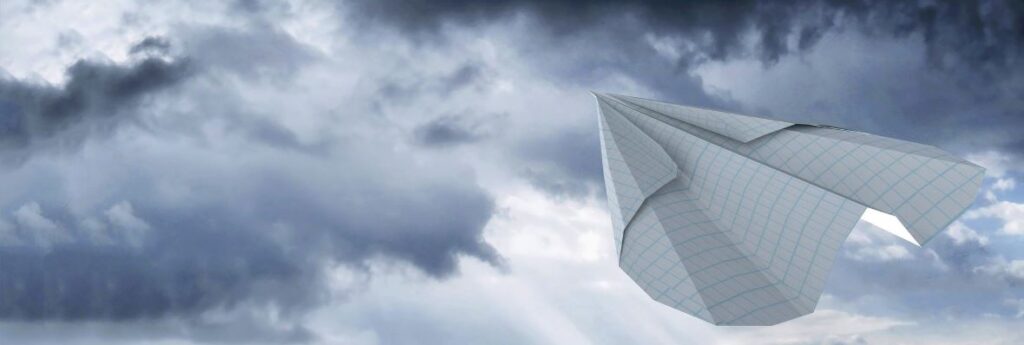Global passenger traffic suffered its sharpest decline in aviation history last year, says the International Air Transport Association, with IATA boss Alexandre de Juniac exclaiming, “Last year was a catastrophe. There is no other way to describe it.”
IATA says results for 2020 show that demand (revenue passenger kilometers or RPKs) fell by 65.9% compared to the full year of 2019; furthermore, forward bookings have been falling sharply since late December.
A short-lived recovery over the Northern hemisphere summer season stalled in autumn and the situation turned dramatically worse over the year-end holiday season, as more severe travel restrictions were imposed in the face of new outbreaks and new strains of COVID-19, says de Juniac, IATA’s Director General and CEO.
As for North American, airlines’ full year traffic fell 75.4% compared to 2019. Capacity dropped 65.5%, and load factor sank 23.9 percentage points to 60.1%. December demand was down 79.6% compared to the same month a year-ago, a pick-up over an 82.8% drop in November reflecting a holiday surge.
IATA’s baseline forecast for 2021 is for a 50.4% improvement on 2020 demand that would bring the industry to 50.6% of 2019 levels. While this view remains unchanged, there is a severe downside risk if more severe travel restrictions in response to new variants persist, says IATA. Should such a scenario materialize, demand improvement could be limited to just 13% over 2020 levels, leaving the industry at 38% of 2019 levels.
The bottom line, says de Juniac, is that “optimism that the arrival and initial distribution of vaccines would lead to a prompt and orderly restoration in global air travel have been dashed in the face of new outbreaks and new mutations of the disease. The world is more locked down today than at virtually any point in the past 12 months and passengers face a bewildering array of rapidly changing and globally uncoordinated travel restrictions.
He adds, “We urge governments to work with industry to develop the standards for vaccination, testing, and validation that will enable governments to have confidence that borders can re-open and international air travel can resume once the virus threat has been neutralized.”

